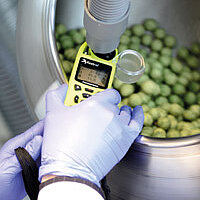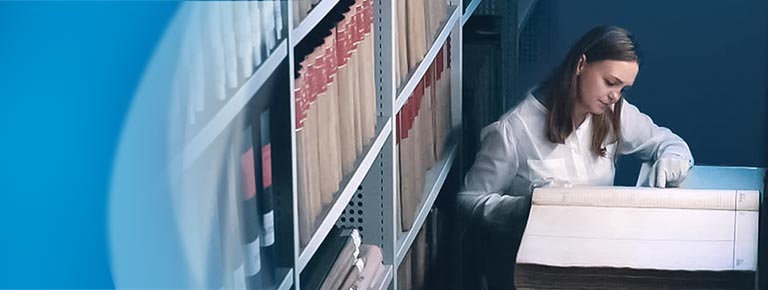
History
What began as a tannery is now a diversified company:
Freudenberg is successful through change.
We have evolved continuously since our founding. The first sealing products marked the beginning of diversification in 1929. Today, we stand for thousands of applications in more than 40 markets.
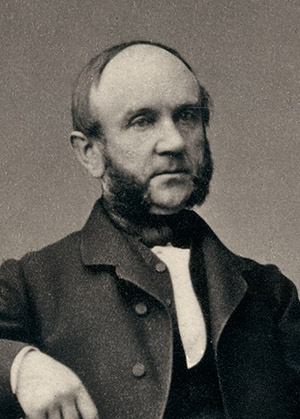
It means letting oneself be determined or carried by the prevailing conditions and endeavoring to make the best of every situation.
Carl Johann Freudenberg
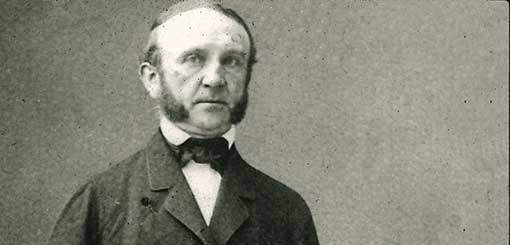
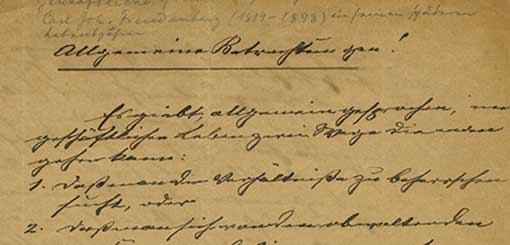
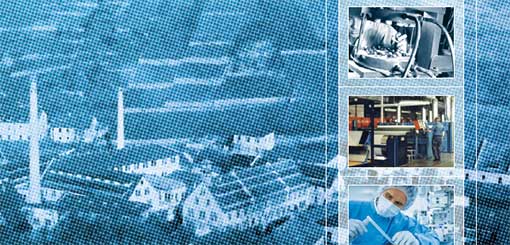
Did you know?
There are two books about the history of Freudenberg:
- Carsten Knop: Freudenberg 1849-2024. A Start-up in a Revolution. Campus-Verlag, Frankfurt /New York, 2024.
- Joachim Scholtyseck: Freudenberg. Ein Familienunternehmen in Kaiserreich, Demokratie und Diktatur. Verlag C.H.Beck, München, 2016. (only available in German)
Contact
Freudenberg & Co. KG
Hoehnerweg 2-4
69469 Weinheim
Germany








